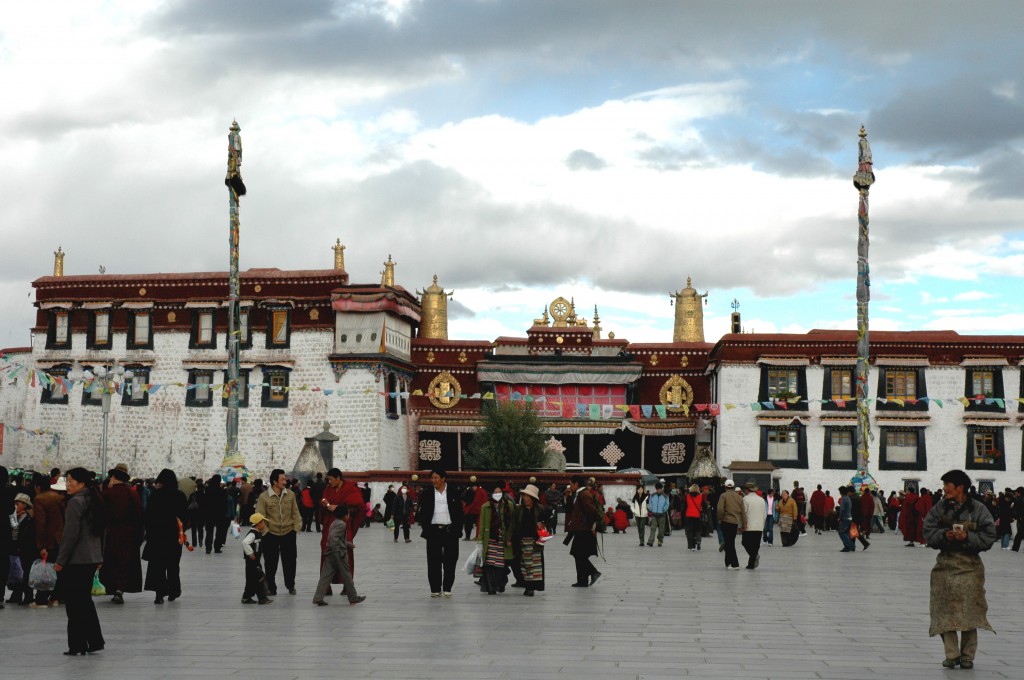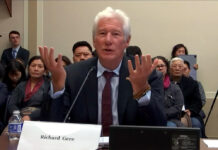
(TibetanReview.net, May02’20) – As China began to implement in occupied Tibet Autonomous Region (TAR) on May 1 a new set of regulations on “ethnic unity”, Tibetan and rights groups have expressed concern that the region’s traditional and historical Tibetan identity, already weakened by decades of ethnic Chinese immigration, will be further weakened.
TAR constitutes about half of what Tibetans consider to be their historically independent country of Tibet, with the other half being separately renamed or otherwise made part of their neighbouring Chinese provinces of Gansu, Sichuan, and Yunnan.
The rubberstamp TAR People’s Congress earlier adopted the “Regulations on the Establishment of a Model Area for Ethnic Unity and Progress in the Tibet Autonomous Region” on Jan 11.
The regulations mandate equal participation by non-Tibetan ethnic groups at all levels of government and in schools, private business companies, religious centers, and the military.
The regulations explicitly depart from the previously existing principle of “preferential treatment” for Tibetans, which was supposed to guarantee that Tibetans could maintain their culture and traditional way of life in their own homeland, noted Washington-based International Campaign for Tibet Apr 30.
The new regulations give the Chinese government powers to enforce a Chinese-centric way of life in the TAR and to cultivate informants for the Chinese Communist Party, the group has said.
The group contends that by asserting a dominant ethnic culture with the aim to Sinicize the Tibetan people, the regulations violate international human rights standards, such as the Convention on the Elimination of All Forms of Racial Discrimination, the Convention on the Rights of the Child and the Convention on Economic, Social and Cultural Rights.
China’s new Ethnic Unity Law is “wildly and grossly in tension with China’s own constitution and the Chinese government’s obligations under international law,” the Tibetan Service of rfa.org May 1 quoted Sophie Richardson, China Director at New York-based Human Rights Watch, as saying.
“You can’t mandate ethnic unity,” she has said, calling it “a form of discrimination” and contending that Tibetans must be able to “practice their culture as they see fit.”
Also, noting that “The Chinese government’s campaign to control Tibetan culture and religion has long violated international human rights norms” US Congressman James McGovern has said in a May 1 statement, “These new regulations seem designed to further discrimination and repression, in clear violation of China’s international obligations.”
He has called on the US and the international community to be vigilant as these ‘ethnic unity’ regulations go into effect, urging everyone to “work together against efforts to destroy Tibetan identity or repress the Tibetan people.”





